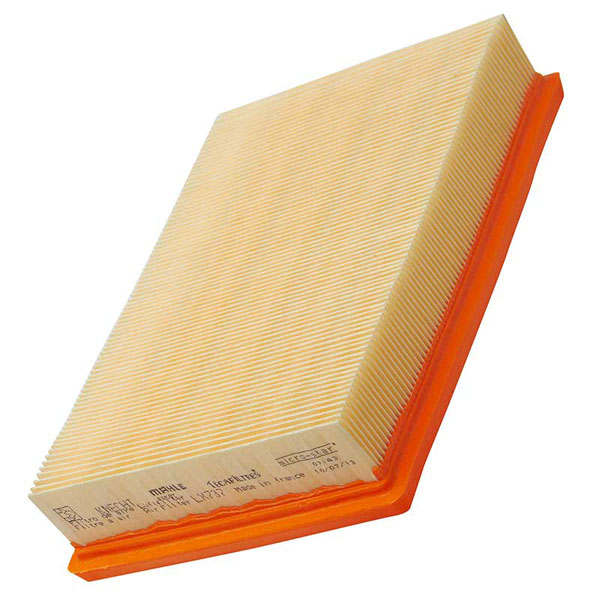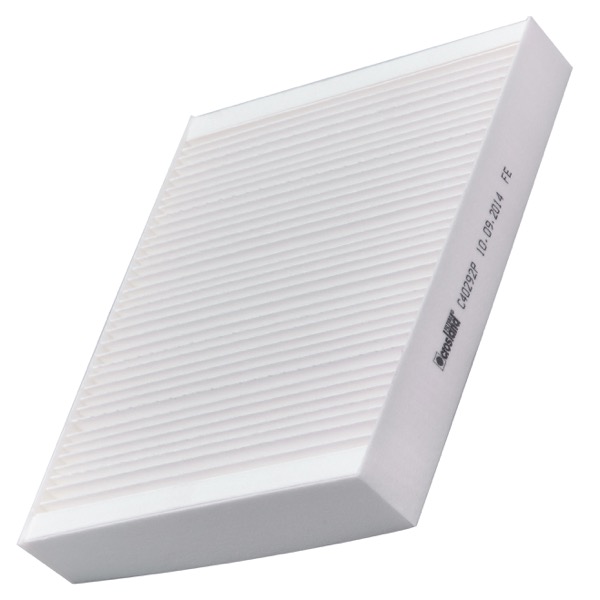Car maintenance is an important part of car ownership, and it doesn’t just refer to taking it in for its annual MOT or giving it a clean on a sunny day. Car maintenance refers to looking after the various car parts as best you can, including changing them when they reach the end of their lifespan and – in the case of car parts such as air filters and pollen filters – cleaning and repairing them to get the best possible performance from them.
It might sound obvious to suggest that air filters and pollen filters do as their names suggest, but without them there can be serious consequences for the car parts further down the line, and also for you the driver and your passengers.
These filters work in a similar way to a kitchen sieve, allowing the good parts through and keeping the unwanted parts away. Over time, however, they collect debris and unwanted materials so they become blocked. When this happens there can also be serious consequences further down the system, including overheating, so checking the condition of your air filters and pollen filters is just as important as the oil and water checks that you may already do.
In this guide we will cover the benefits of car air filters and pollen filters, how each one works and why they should be near the top of your list of tasks when it comes to car maintenance.
What Do Air Filters Do?
As the name suggests, air filters in your car take in the fresh air from the outside and use it to keep the engine and numerous working parts cool – as well as you and your passengers. The filters themselves take the fresh air that passes into and around the vehicle and prevents any potentially harmful materials in the air from getting into the various systems in the car.

These materials, such as dust, pollen and fumes are caught by the filter and stop them from causing problems inside the engine, fuel and exhaust systems. Potentially harmful materials cause blockages in the fuel systems and engine as a whole, causing various crucial components to either grind together – causing damage – or to overheat.
The very best air filters on the market help to find the perfect balance between stopping particles entering the system and allowing the all-important air in. You often find that issues with overheating are caused by blocked air filters that have caught so much debris and potentially harmful materials that oxygen can’t get through – and that is why they need to be either removed and cleaned, or replaced with a new air filter.
Owners can check for signs of damage by removing the filters, cleaning them and looking for any obvious holes or evidence of wear. If you notice any issues at all you should insert a new filter instead of putting the damaged one back.
You can also buy performance air filters to allow even more air into the inlet system than a traditional air filter, and this can help to generate even more power from your engine as they are able to operate faster but at a cooler temperature.
What Do Pollen Filters Do?
Throughout the spring and summer months in particular, there are a lot of people who suffer from conditions such as hay fever. This is brought about by irritants in the air caused by pollen released from flowers, grass and plants, resulting in problems such as itchy eyes and sneezing which can make driving particularly difficult.

Pollen filters are designed to allow air into the vehicle but trap these small particles before they get into the car itself. Pollen has the potential to make its way into the main cabin of the vehicle by coming through the air conditioning system and even the heater, but your pollen filters catch the airborne irritants before they get that far.
It’s important to change these filters on an annual basis so that they are ready to kick into action during the peak periods between April and September – and again during the harvest period when farmers will be creating dust as the combine harvesters get to work in the countryside.
The Benefits of Air and Pollen Filters
Air filters and pollen filters might not sound like the most significant of car parts when compared to the engine, exhaust and battery; but as we have covered they serve a vital purpose in ensuring that these ‘major’ car parts can operate at their best.
They also help to keep drivers and passengers both cool and comfortable at all times, keeping particles and debris out of the vehicle to prevent breathing problems while on the road.
To summarise, the benefits of air filters and pollen filters are:
- Preventing potentially harmful materials and debris from entering the engine and other key systems.
- Preventing pollen and other airborne materials from entering the inside of the car for a comfortable driving experience.
- They can be upgraded to performance parts to boost the performance of the engine and other working components to maximise the potential of the vehicle.
- Changing and replacing standard air filters and pollen filters is seen as a form of engine tuning even when they are not ‘performance’ parts.
- The smooth flow of air through the system can help to improve overall performance and efficiency, saving owners money on fuel and repair bills by extending the life of key car parts.
For more advice on car maintenance and essential car parts, check out our other articles here.


